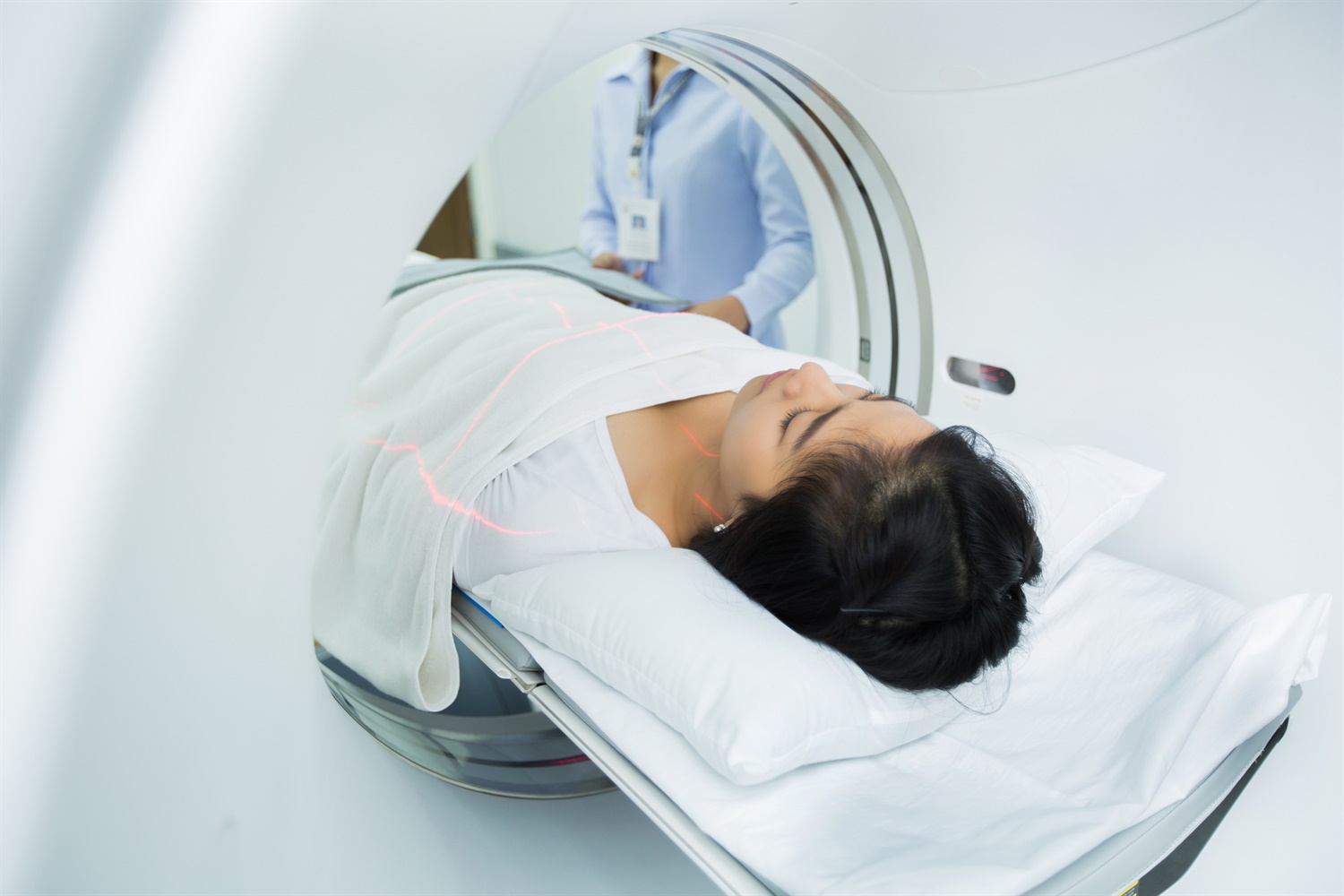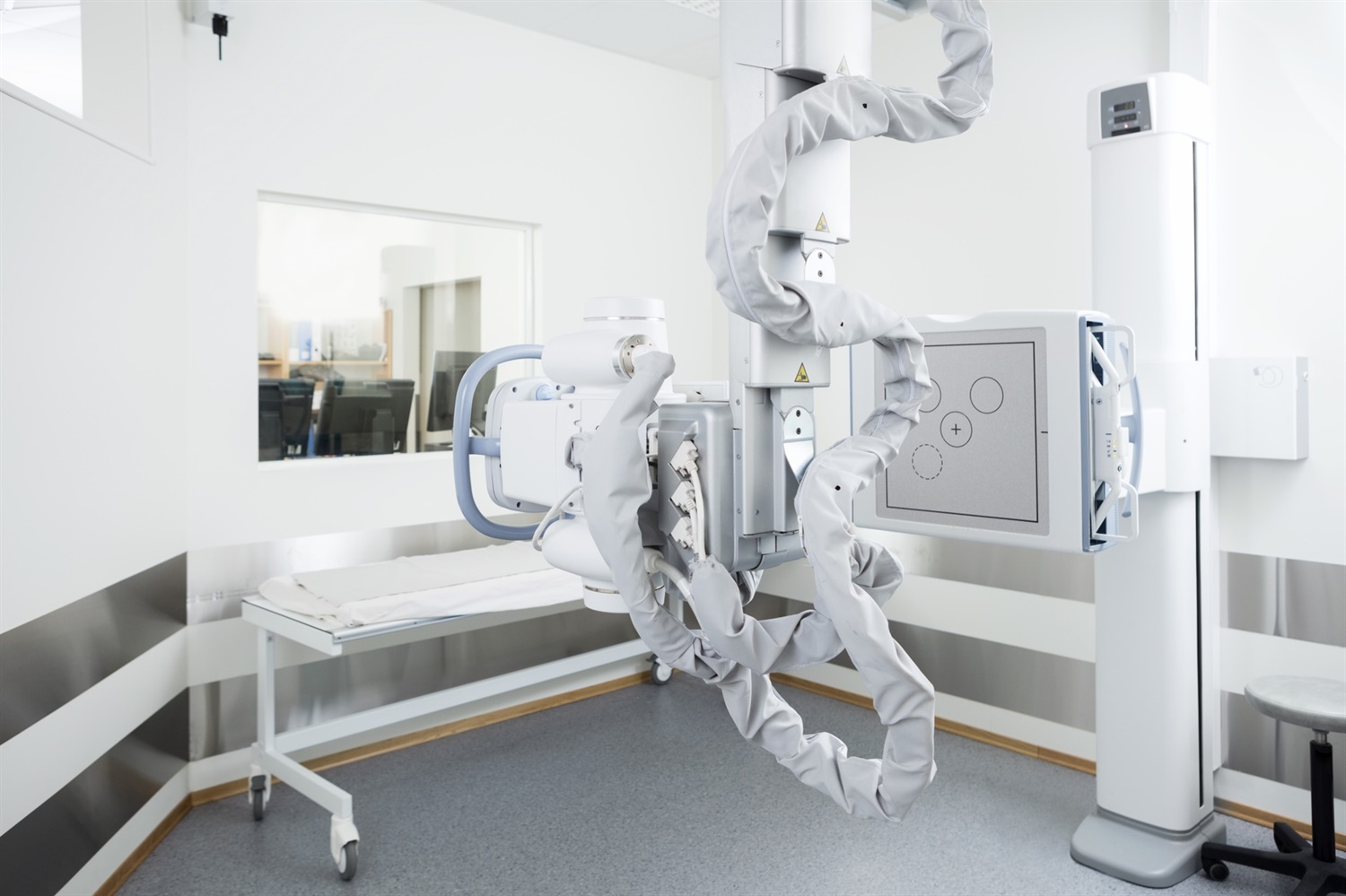27.06.17
Third-party maintenance providers: An unfulfilled potential for patients and paymasters
The International Association of Medical Equipment Remarketers and Servicers (IAMERS) outlines the benefits of Independent Service Operators in servicing and maintaining medical imaging equipment.
Diagnostic Medical Imaging (DI) is part of the broader market of “medical devices”. It has revolutionised healthcare over the years by enabling doctors, specifically radiologists, to diagnose diseases early, and with certainty. Equipment is typically divided into complex high-end machines such as CT and MRI scanners, and technically simpler devices such as ultrasound scanners. These DI devices enable physicians to non-invasively diagnose disease and manage therapy.
Nowadays, diagnostic imaging is critical for delivering both emergency and non-urgent care, and is often used 24/7 by hospitals. It should be no surprise to anyone that proper maintenance of these devices comes with a cost. Consequently, healthcare providers are looking for effective maintenance services that are fast, dependable and adhere to international quality standards.
The service and maintenance of medical imaging equipment, after warranty, has typically been provided by the Original Equipment Manufacturer (OEM). In the past decade, third-party maintenance providers, also known as Independent Service Operators (ISOs), have entered the rapidly growing and demanding DI market in Europe. ISOs distinguish themselves by offering attractive prices for high-quality maintenance services. They are typically not restricted to a particular vendor, unlike the OEMs.
Our members have both the capacity and expertise to service equipment to exceptionally high standards, both expected by the equipment owners and in line with patient safety requirements. They typically hold the ISO 13485 Medical Device quality certification which requires them to demonstrate that their quality management system is dutifully implemented.

The quality of ISOs is reflected in the speed, reliability and flexibility of support that we provide to healthcare institutions. In fact, in order to win business, our members must demonstrate added value through their services. This means that they must perform just as well – and preferably better – on safety, uptimes and cost as the OEMs. On the issue of cost – a particularly pertinent one for hospitals across Europe – the use of ISOs can bring about substantial savings. Service/maintenance fees from ISOs are significantly lower than that of the OEM.
Our smaller size also allows our members to foster a closer relationship with the customer – built around trust and rapport, as well as a greater understanding of the specific needs of the client. As a result, we often deliver customised services beyond the sole provision of maintenance. For example, ISOs are well placed to give customers impartial advice when purchasing a device, based on our familiarity of servicing a broad range of vendors.
We also service older-generation equipment systems for which the OEMs have scaled back or discontinued service, prolonging the life of these costly devices and assuring a better return on investment for our customers. For example, the NHS estimated in 2014 that the replacement of 181 MRI machines required an investment of £144.4m. With a greater number of NHS trusts using vital DI equipment beyond the average lifecycle of the individual units for predominantly budgetary reasons, the role of servicing aging equipment is becoming increasingly important.

However, we need to ensure a level playing field – which means open and equal access to the market, be it through strictly impartial public tenders, access to critical inputs or vendor-neutral regulations.
Looking ahead, there is enormous pressure on all medical institutions to provide the best patient care at the lowest possible cost, and this is an issue which can only increase in importance in the future. As public finances are under strain, healthcare providers need to control their costs more tightly. ISOs are proving critical to holding the line on ever-increasing costs for providing diagnostic imaging services.
Given the high price of operating diagnostic imaging devices, hospitals, healthcare providers and ultimately patients across Europe would benefit from greater competition.
